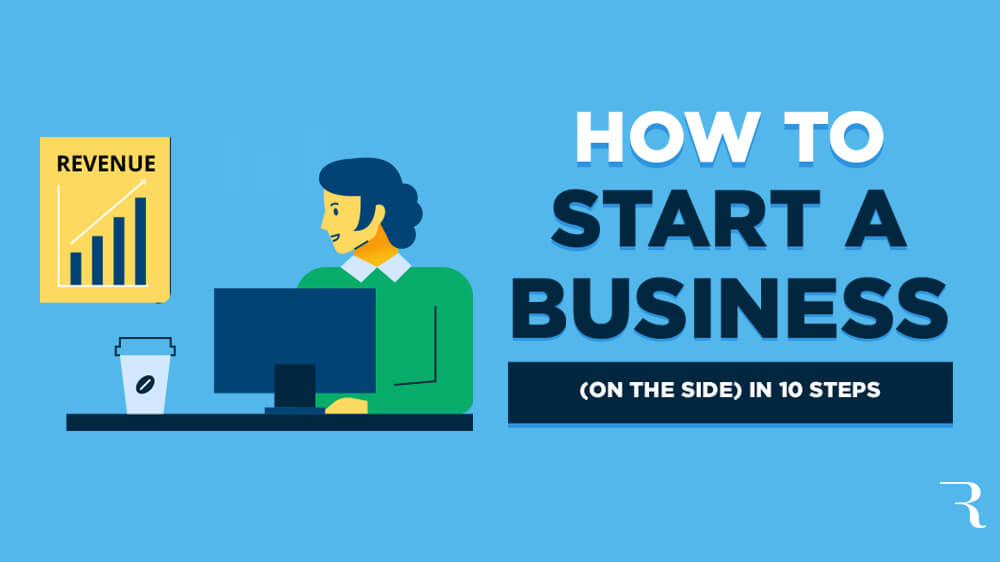Here’s How To Start A Business If You Haven’t The Money or Confidence – You’re not alone if you’ve always wanted to start a business but haven’t had the resources or courage to do it.
Sage spoke to 705 people and 497 small-to-medium-sized firms (SMEs) in underprivileged areas of London and Newcastle about launching a small business in collaboration with The Entrepreneurs Network.
Untapped entrepreneurial potential was discovered in poor neighborhoods, according to the survey, with 43 percent of respondents being able to mention an unprompted business or side hustle idea.
So, what is it that is preventing folks from giving it a shot?

How to get money for a business
The greatest barrier to starting a business is money. Respondents in the Knocking Down Barriers survey believed they’d need over £10,000 to get started—an inaccessible amount for many.
Good news: you don’t even need half of that. Depending on industry, many fledgling businesses can be founded on just £1,000 initial capital.
A lack of confidence is the true issue, with 49% of respondents feeling they’d be rejected for a business loan. The majority (60%) believed they would need external financing, but only a third (34%) felt comfortable getting a loan.
But this isn’t the only route. The New Enterprise Allowance, for example, provides those on benefits with a weekly allowance (up to £1,274 total) across 26 weeks.
Other kinds of grants are available for small businesses. Check out websites like J4bgrants, GrantFinder, and Grants Online websites to find out what you might be eligible for.
You could even try crowdfunding, where people contribute a small amount to back your project, usually in exchange for some sort of perk or early-bird offer. Kickstarter, for example, allows you to create different rewards for backers depending on how much they donate.
Tackling your taxes
Taxes and accounting are something to be aware of but shouldn’t stand in your way.
If you’ve already got a full-time job and run a side hustle alongside it, you still need to declare earnings to HMRC, and you may still need to pay tax and NI on it.
Top tip: Set aside 30% of what you earn each year to cover your tax contributions.
But if you earn less than £1,000 in a year from your side-hustle, then it’s effectively tax-free. You haven’t even got to let HMRC know. This is called the trading allowance.
If your turnover tops £85,000 then you’ll need to register for VAT. At that level, it’s also a good idea to get some help from an accountant.
What’s next for Britain’s budding entrepreneurs?
An impressive 73% of SME owners say they had access to a mentor and more than half have sought their advice. To help with that, Sage has teamed up with MyKindaFuture to provide training and mentorship to disadvantaged and underrepresented young people.
If you can tap into your ideas and ambitions for business, everybody wins. Your business will undoubtedly employ people locally as it expands, helping the wider community.







Leave a Reply